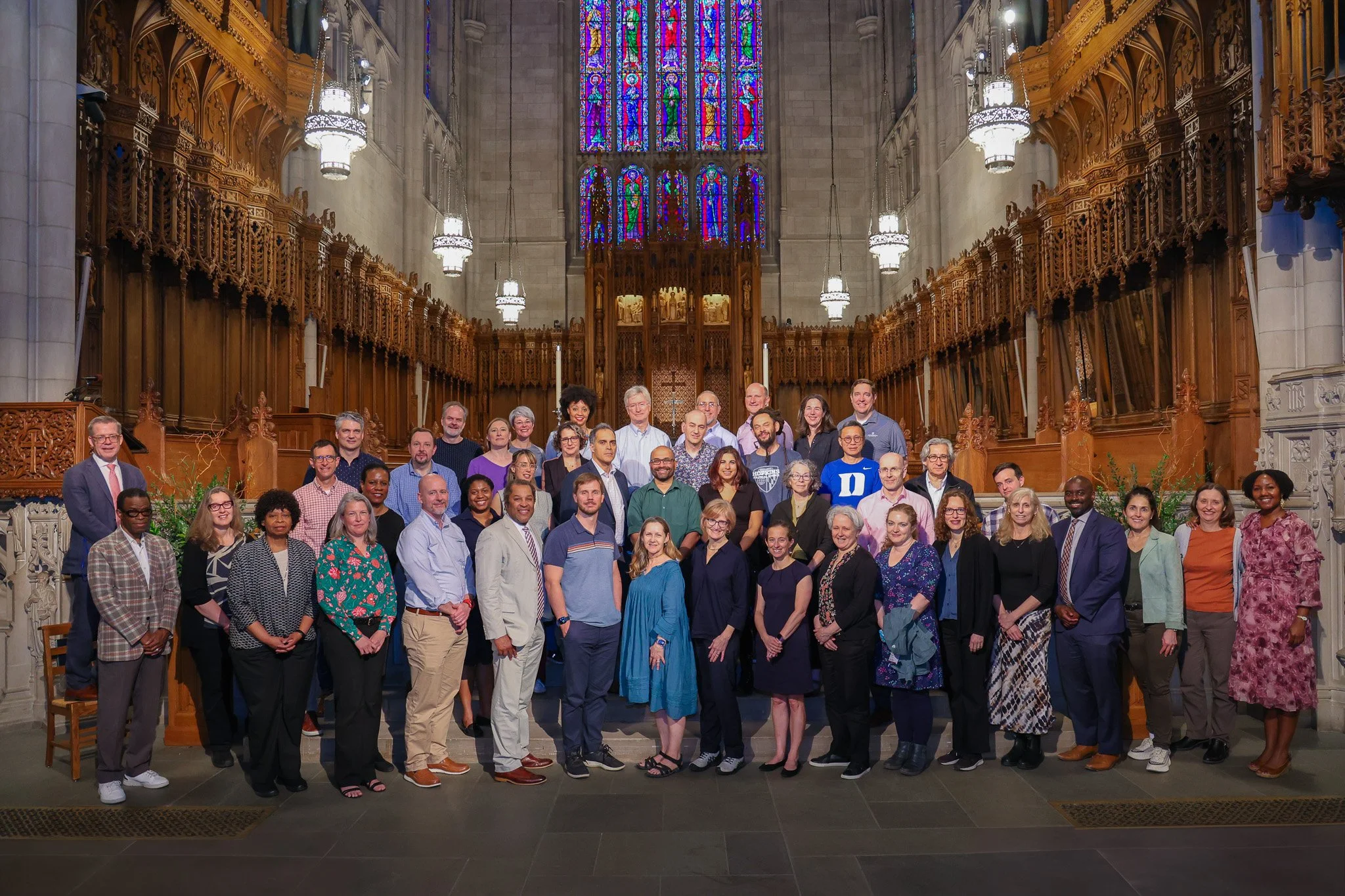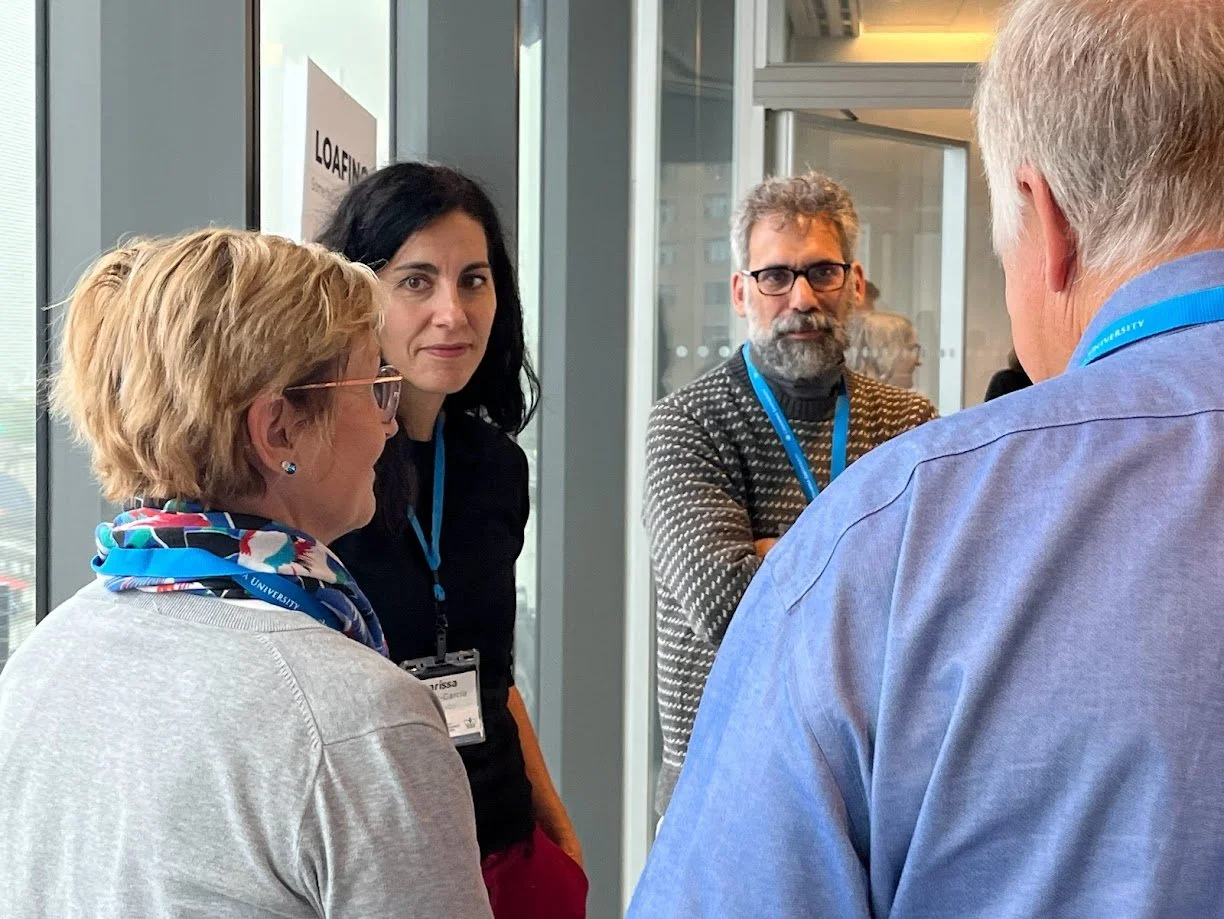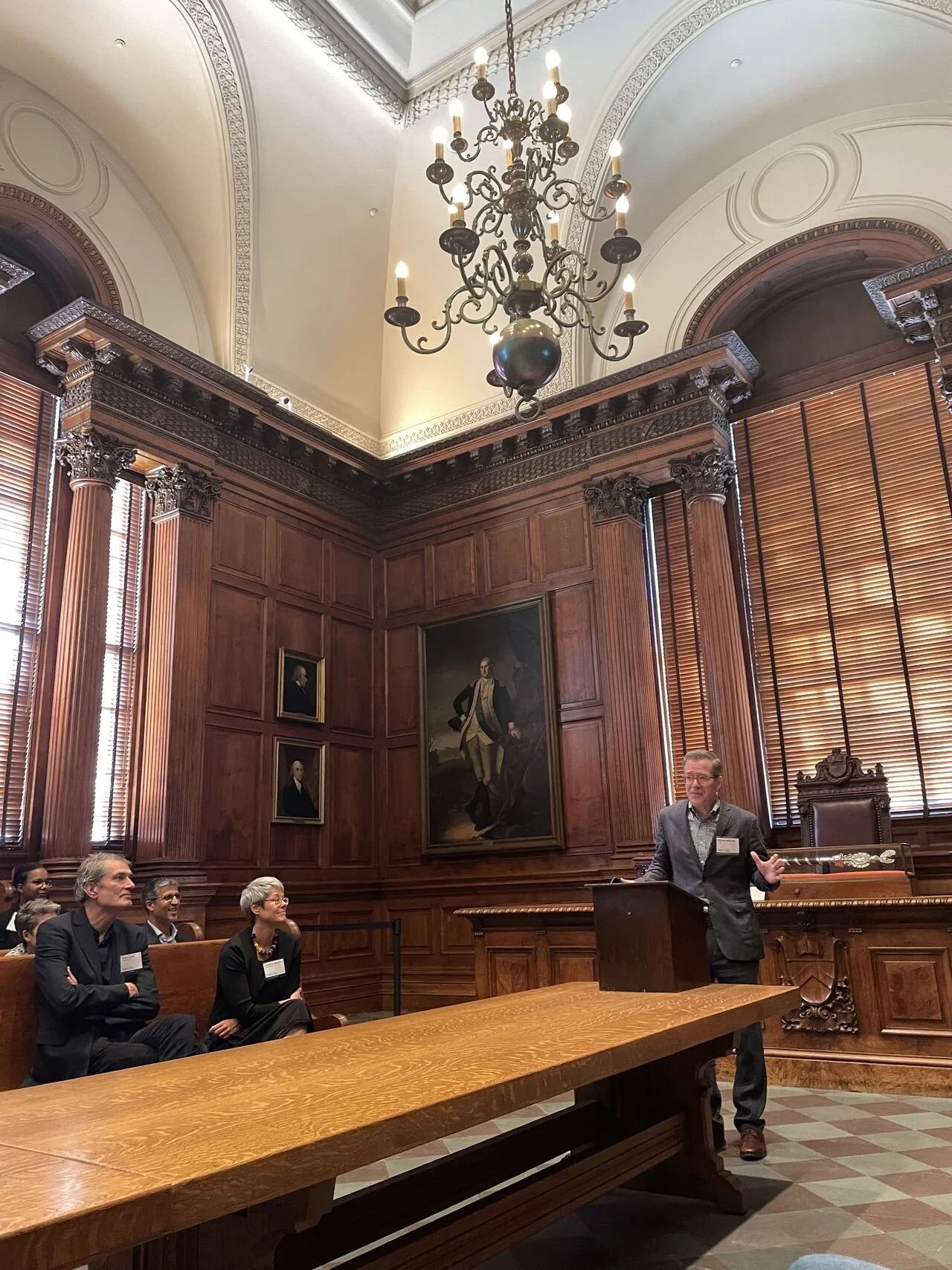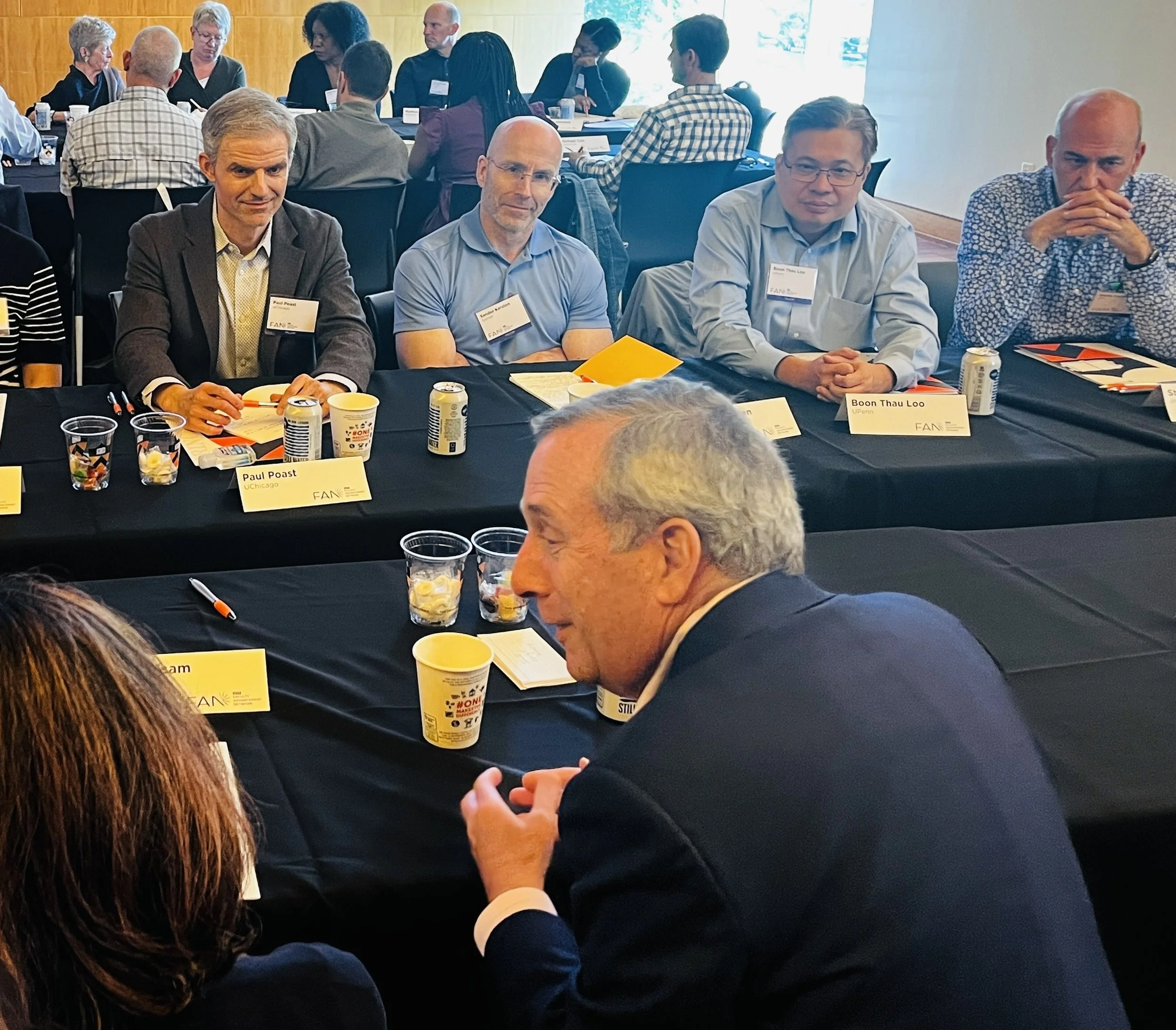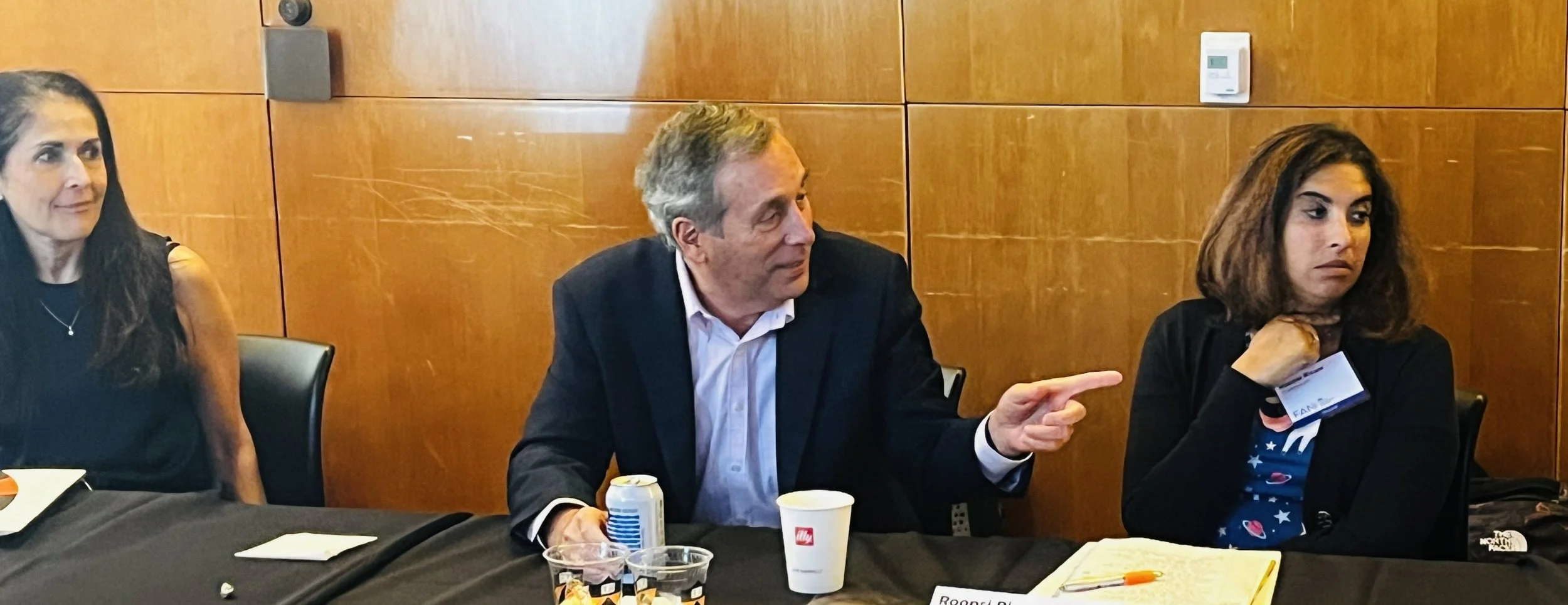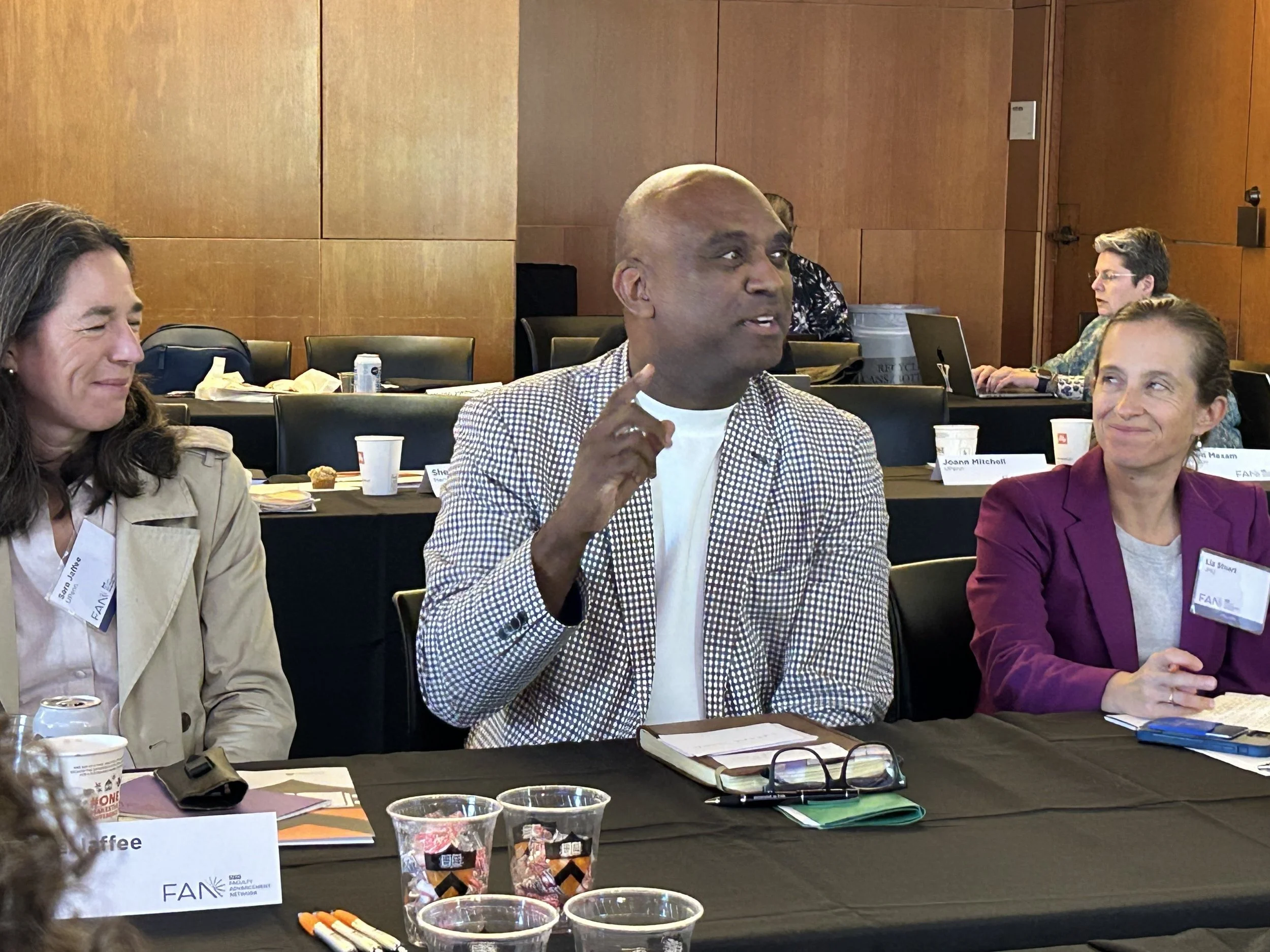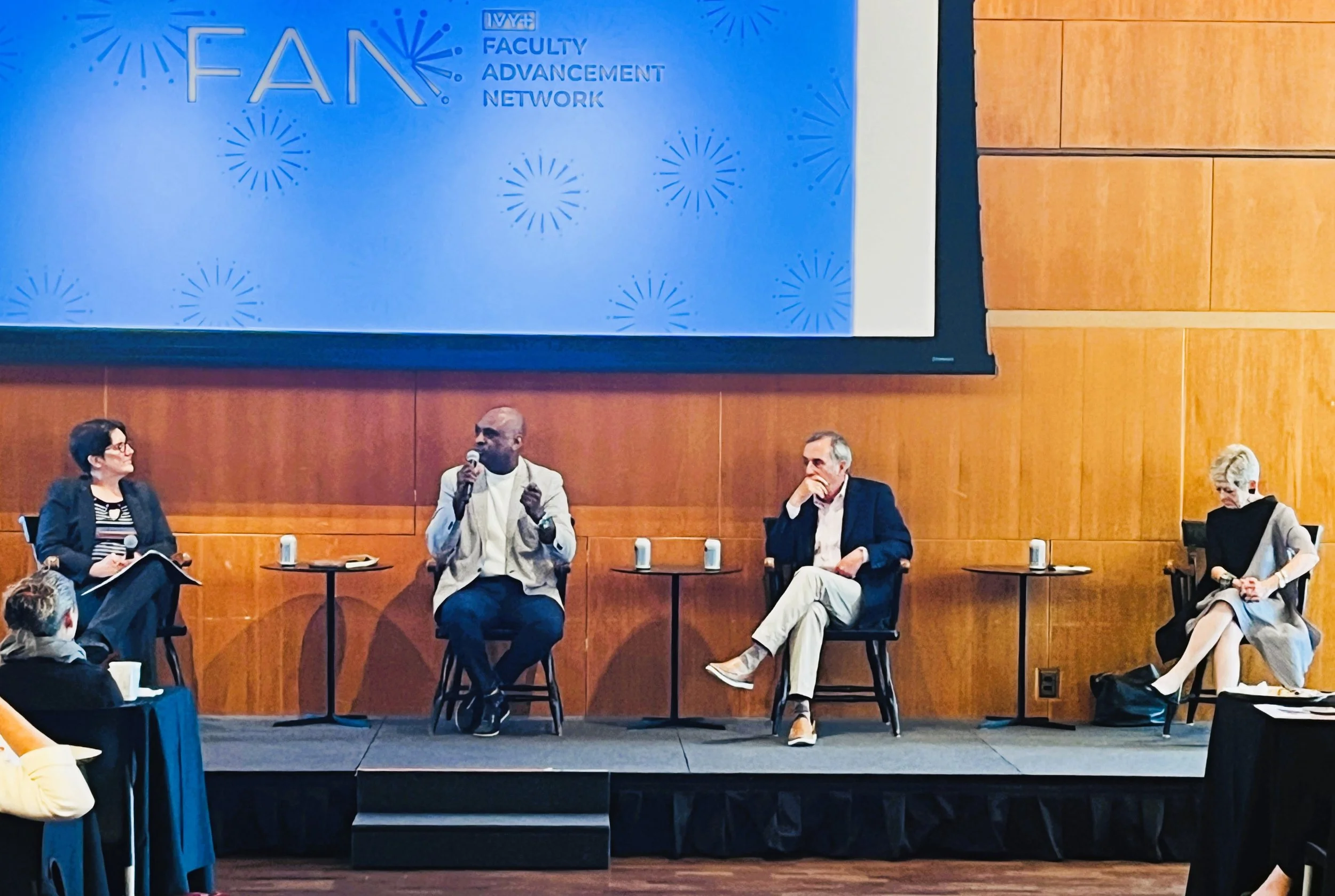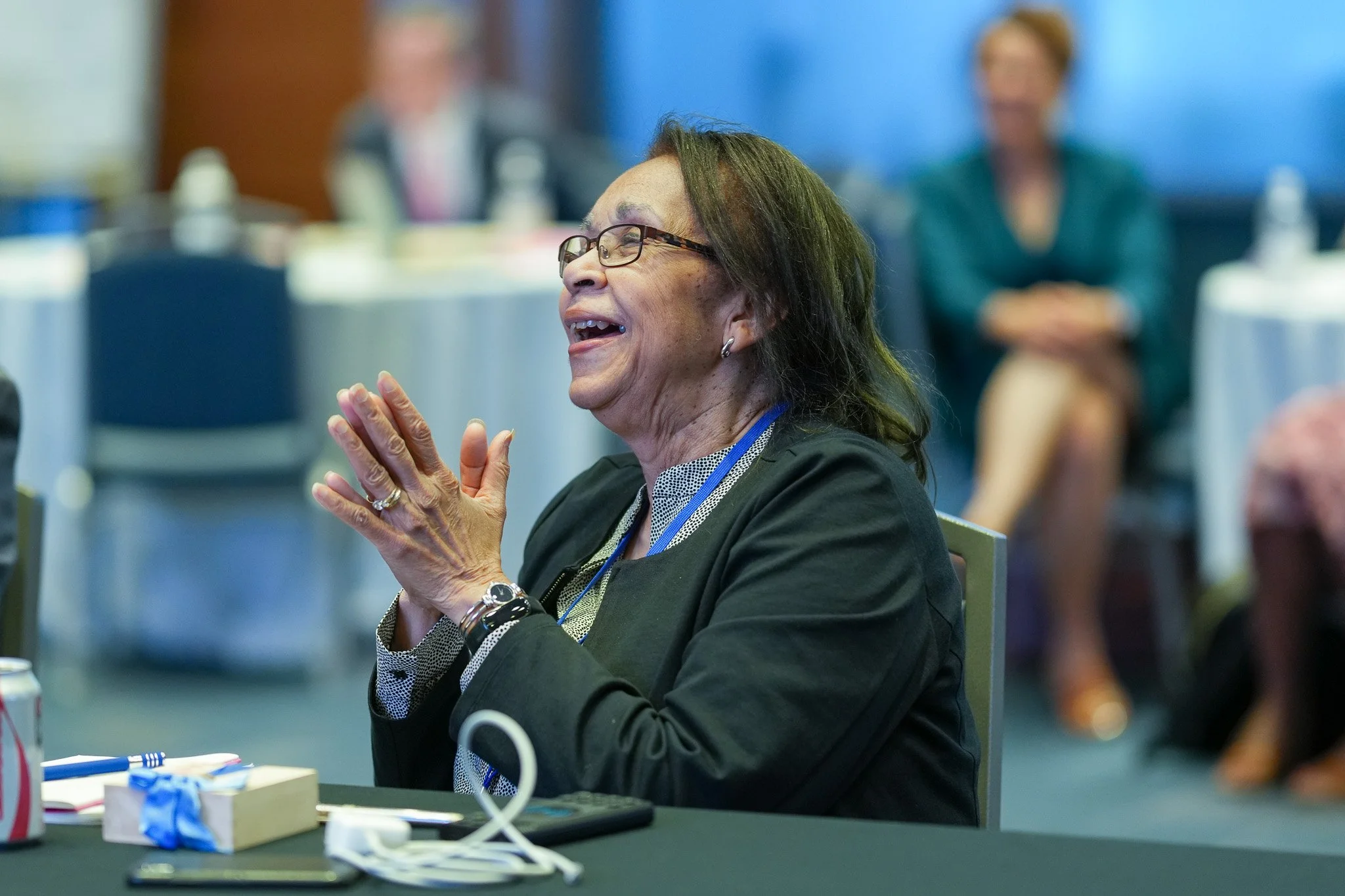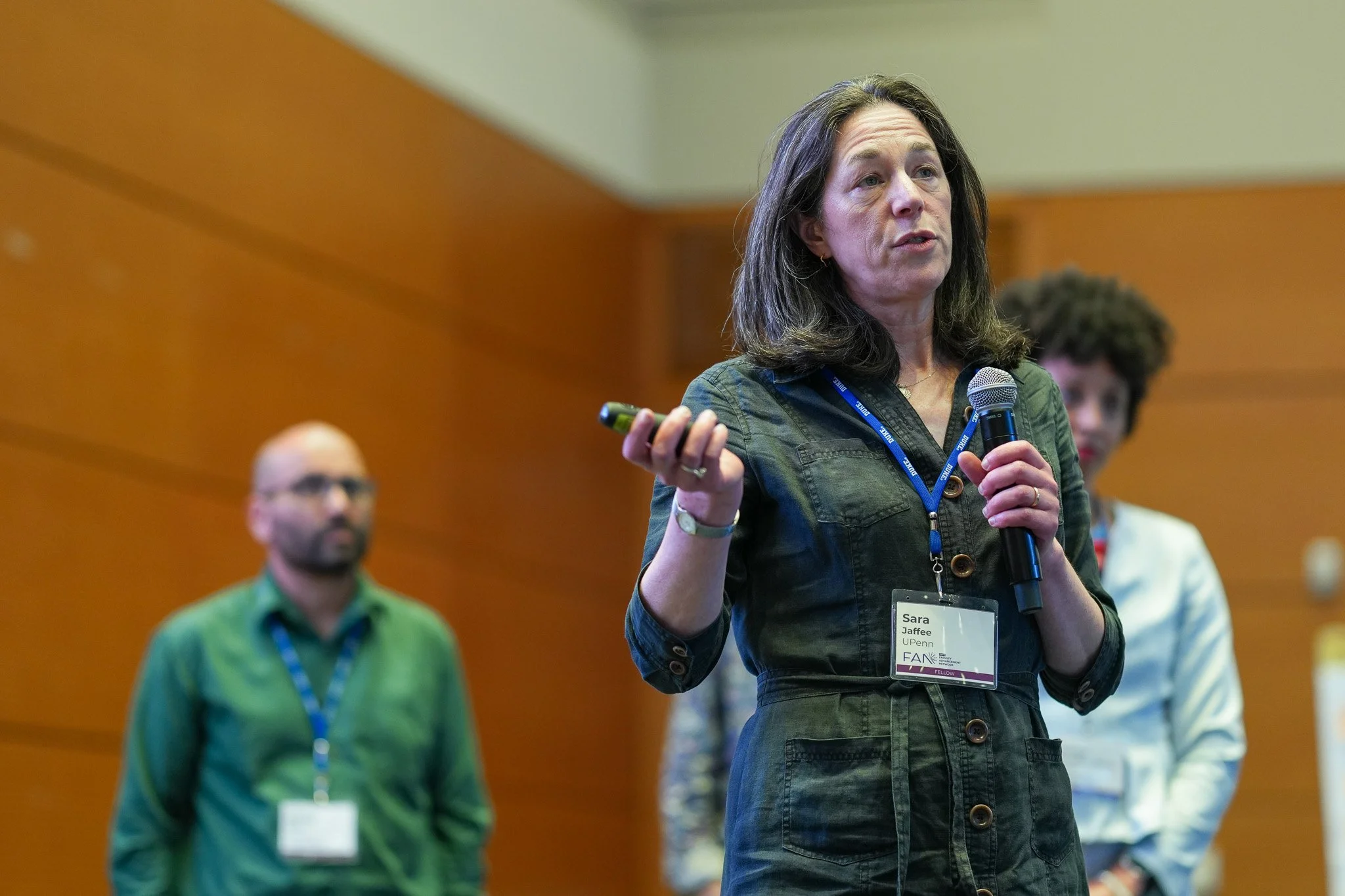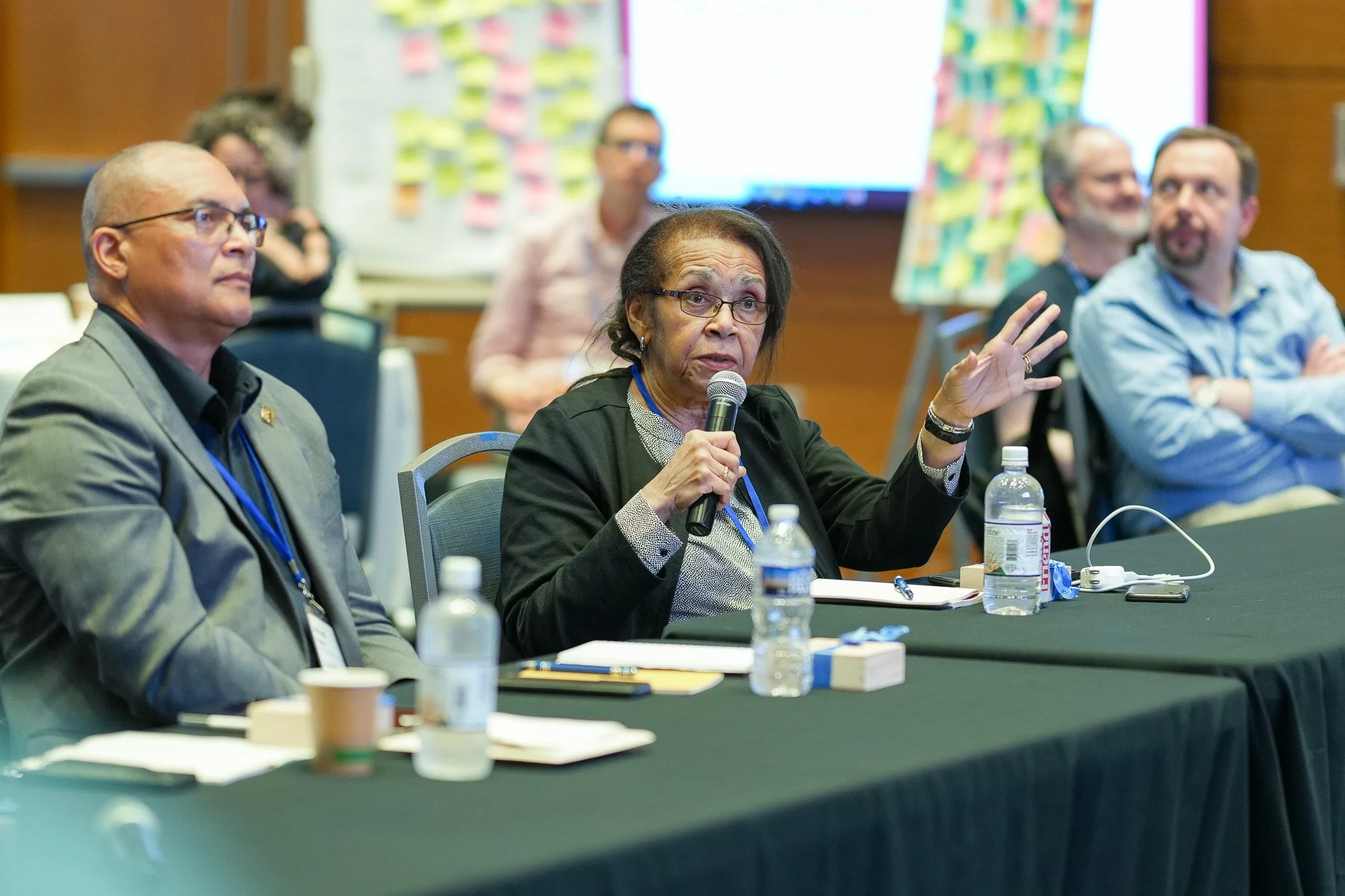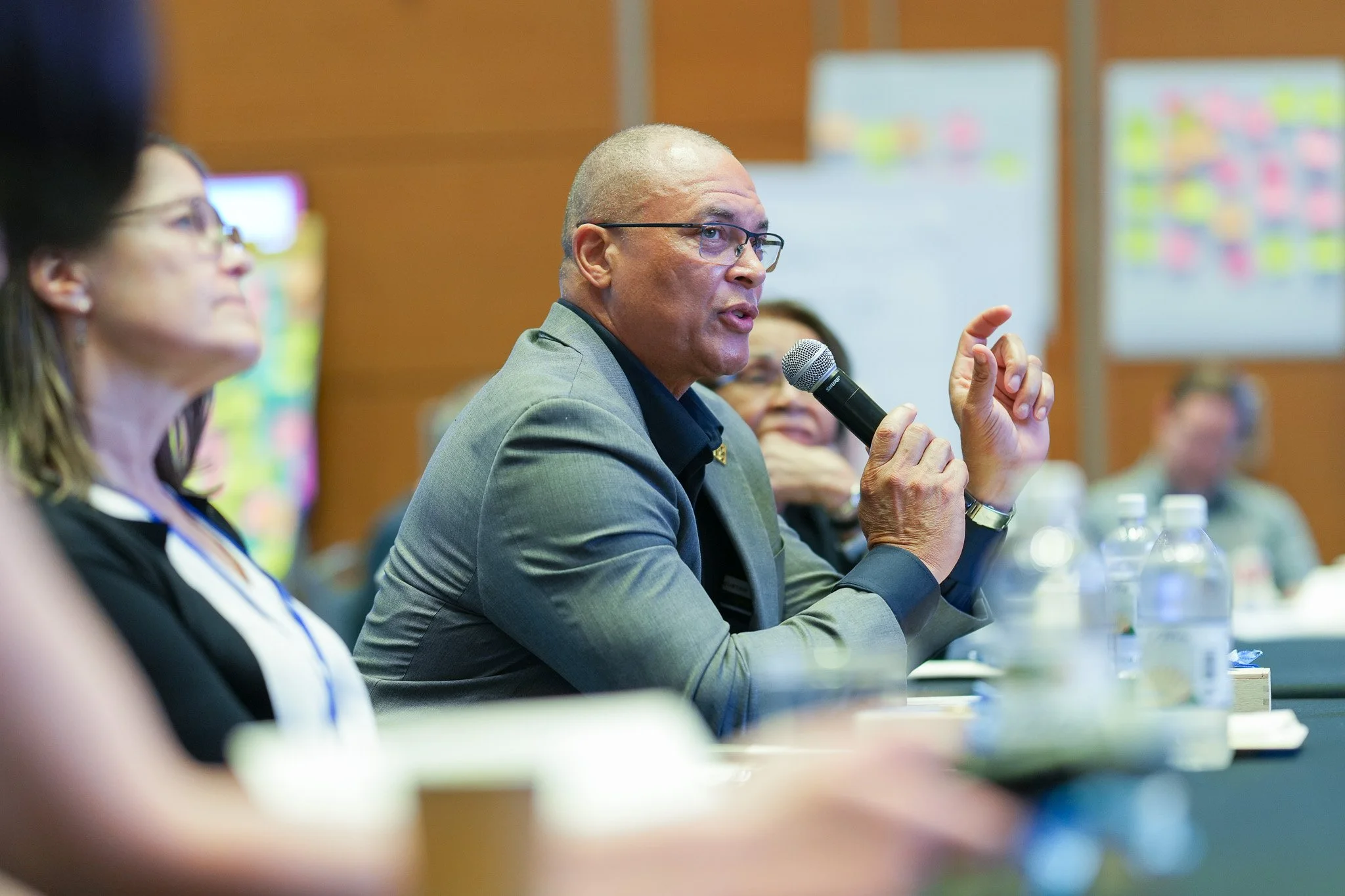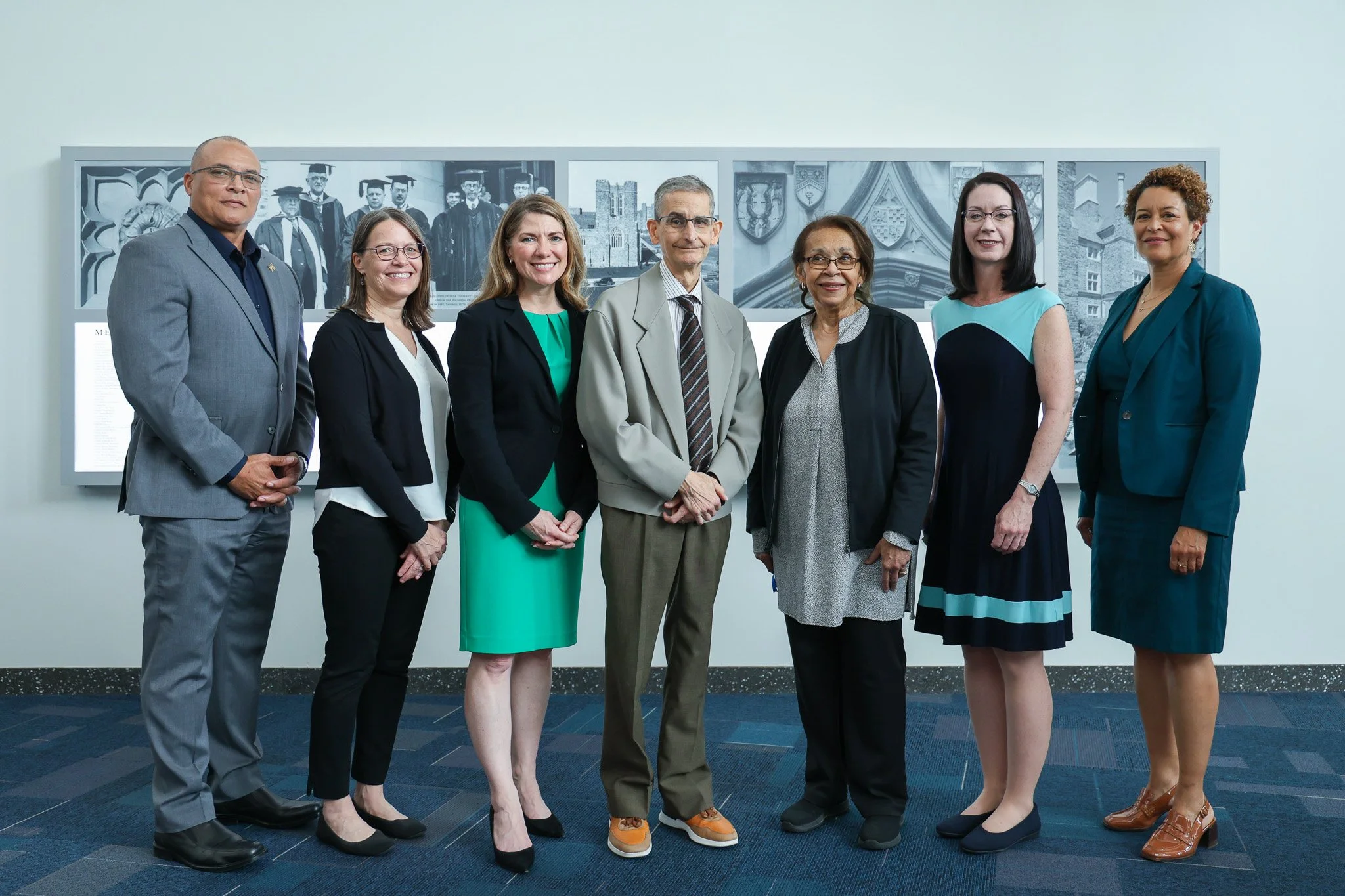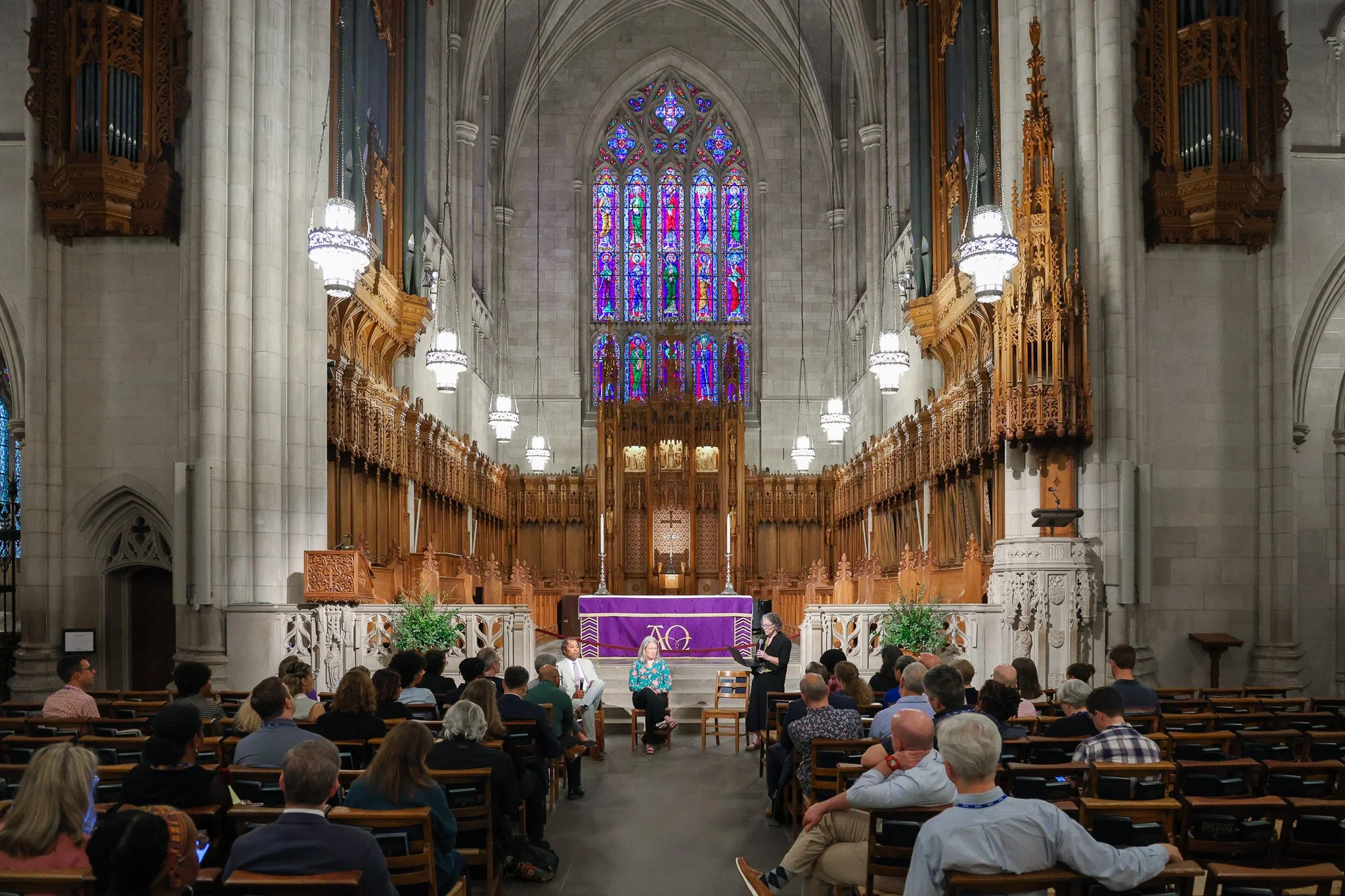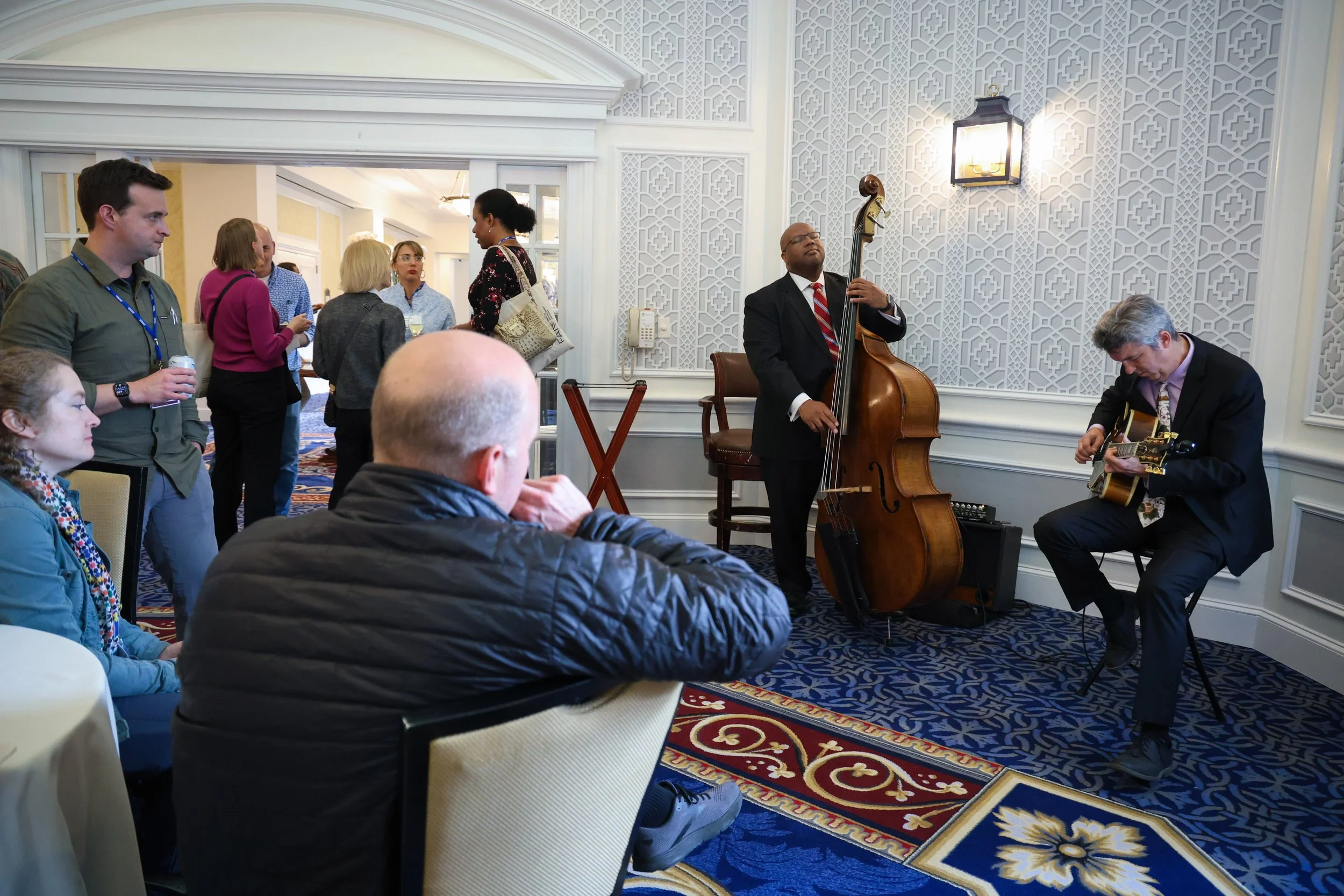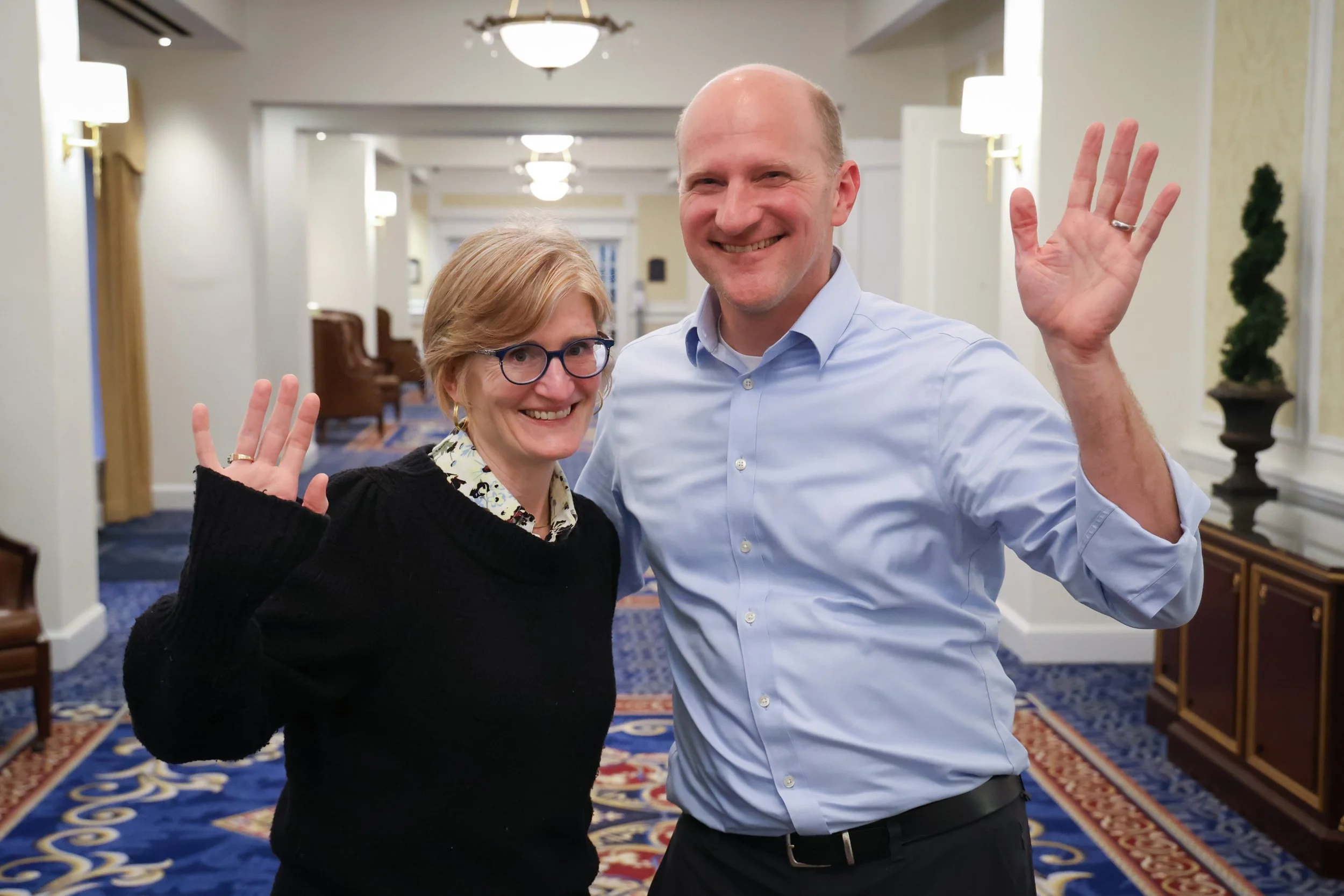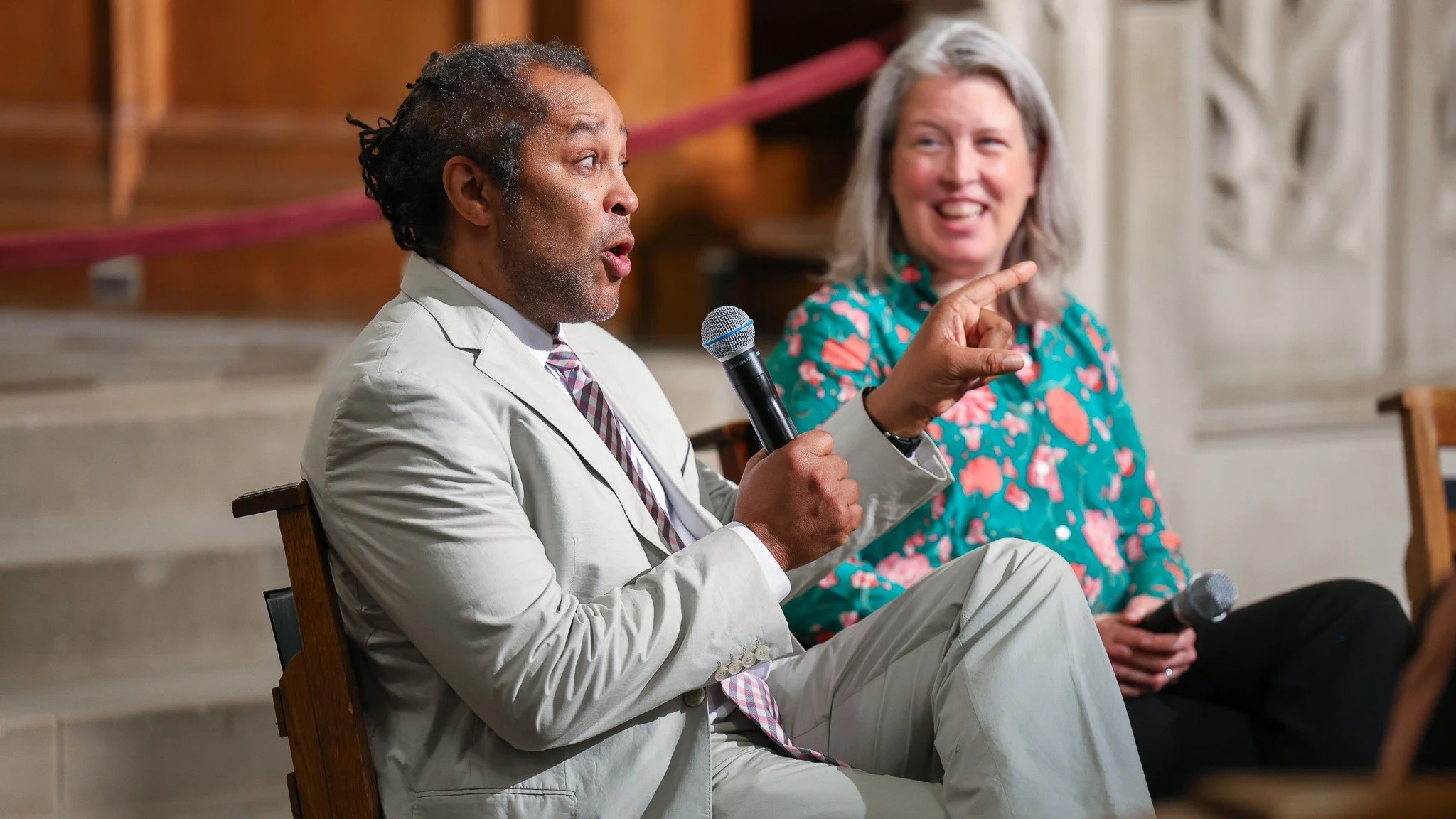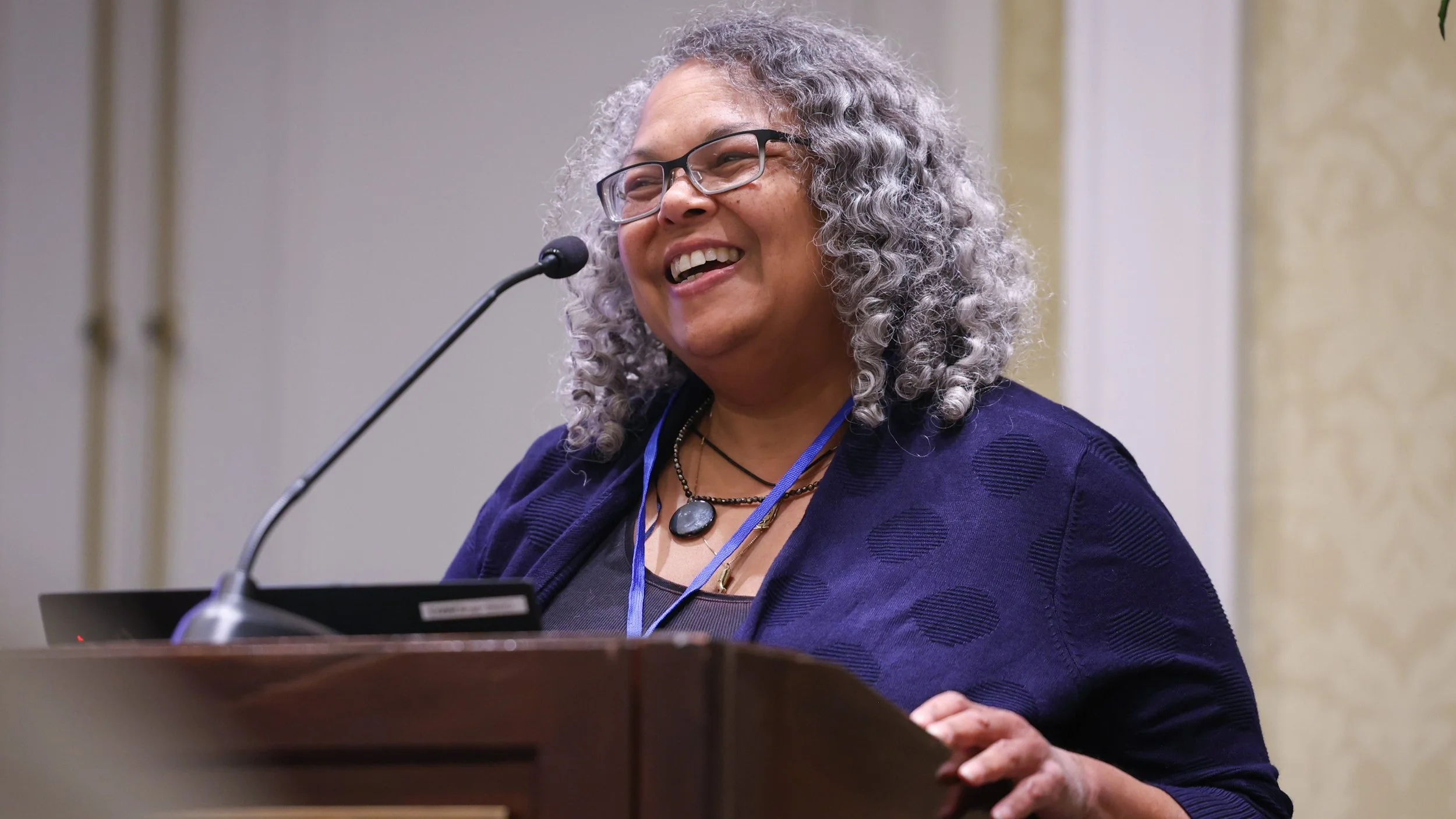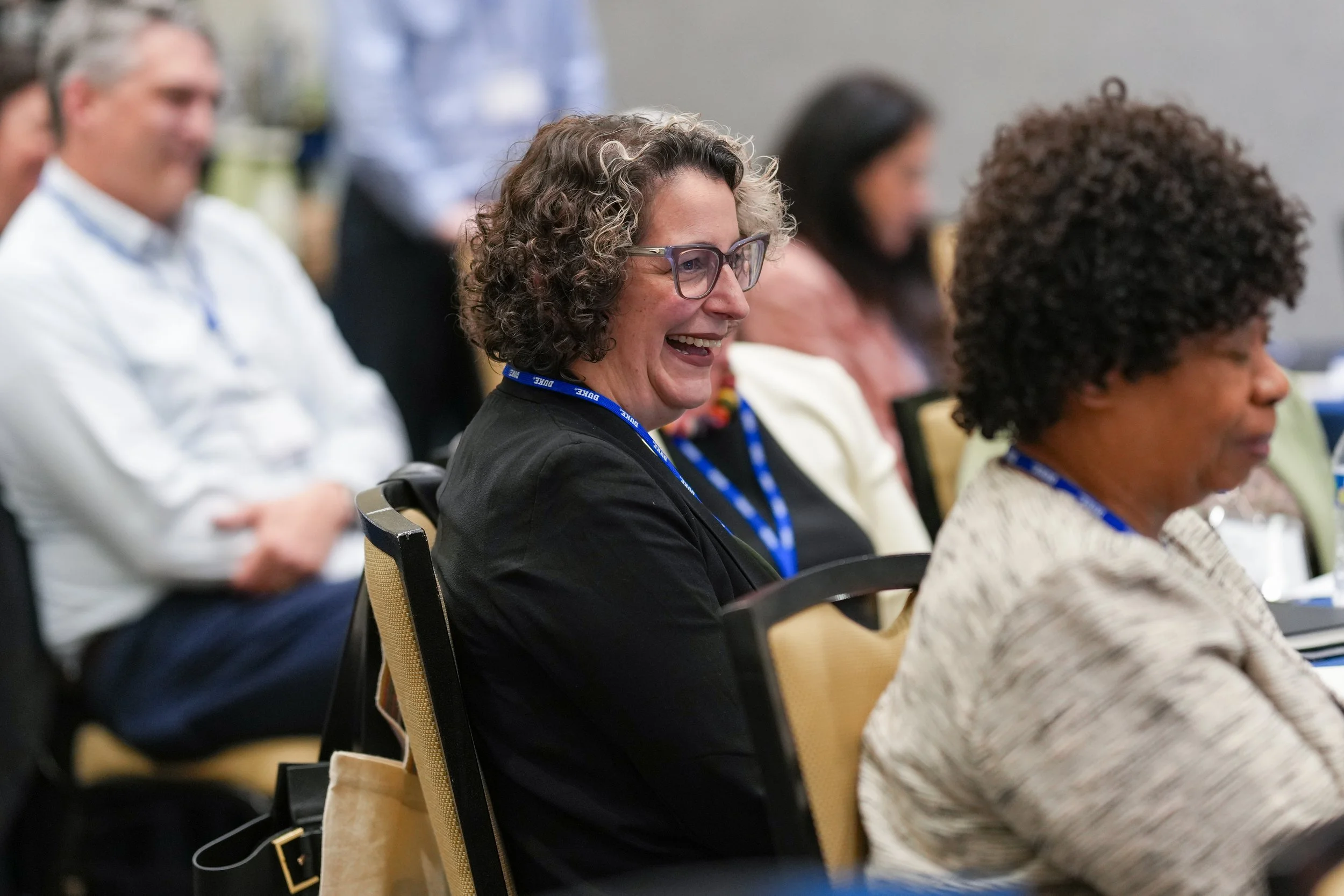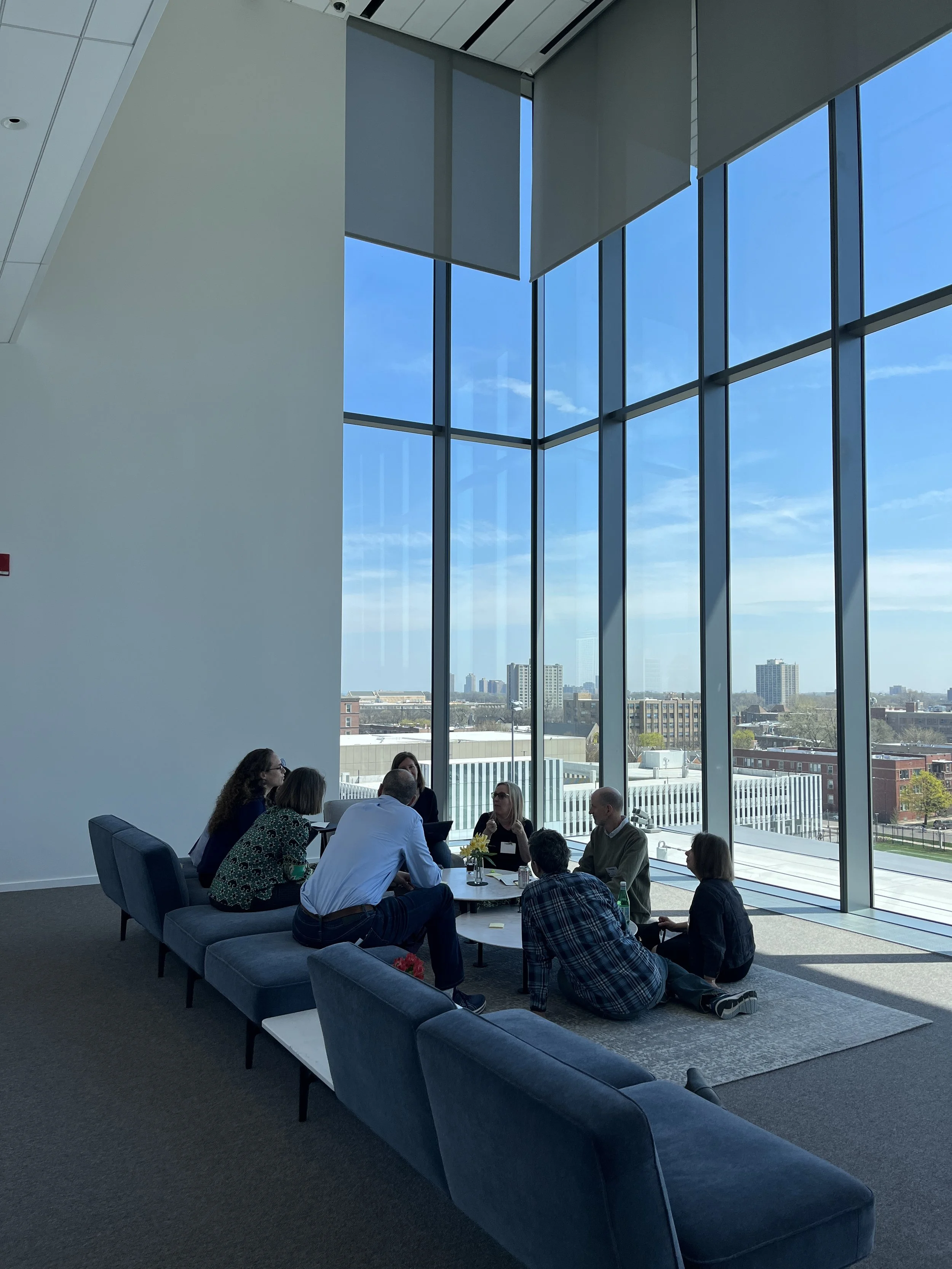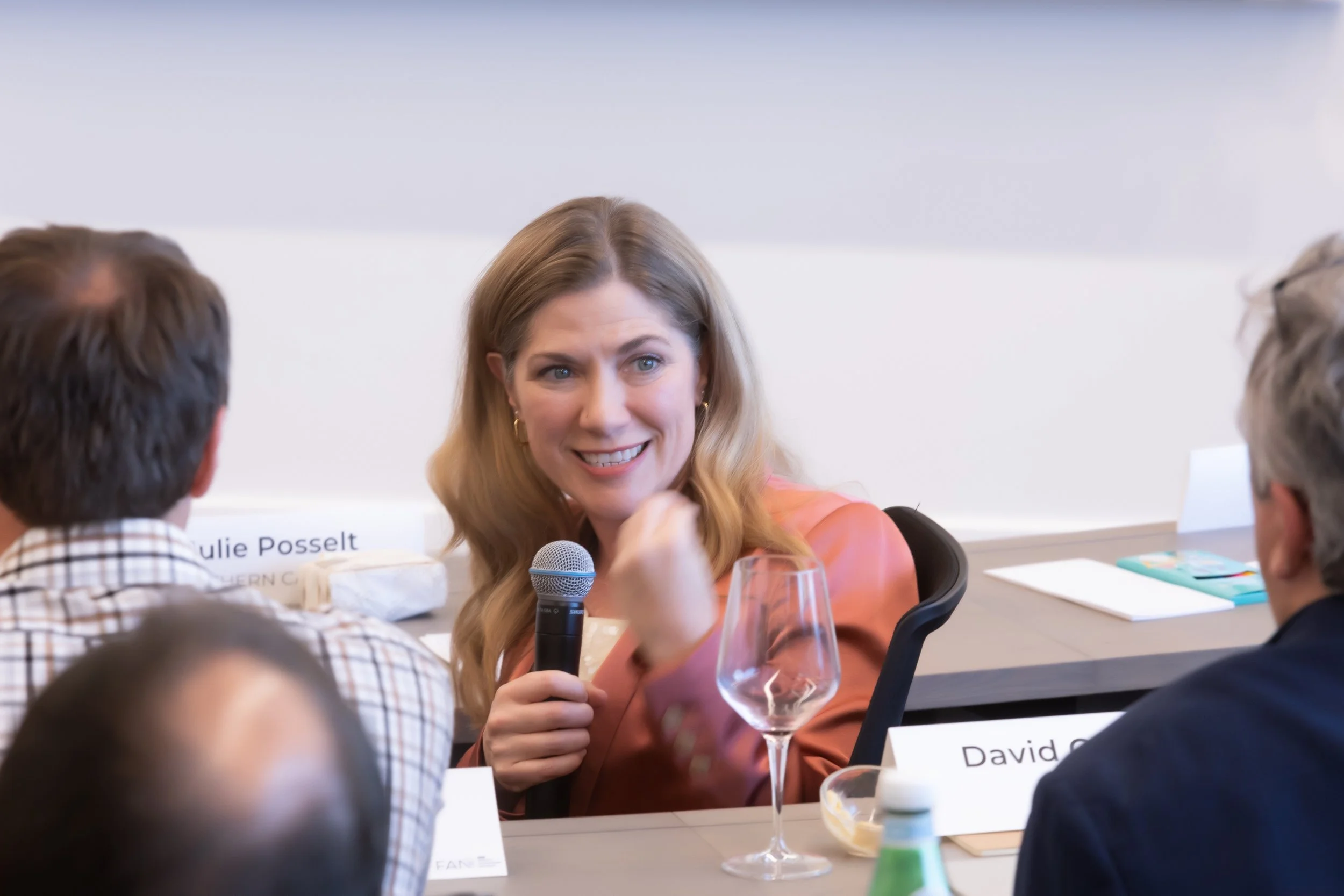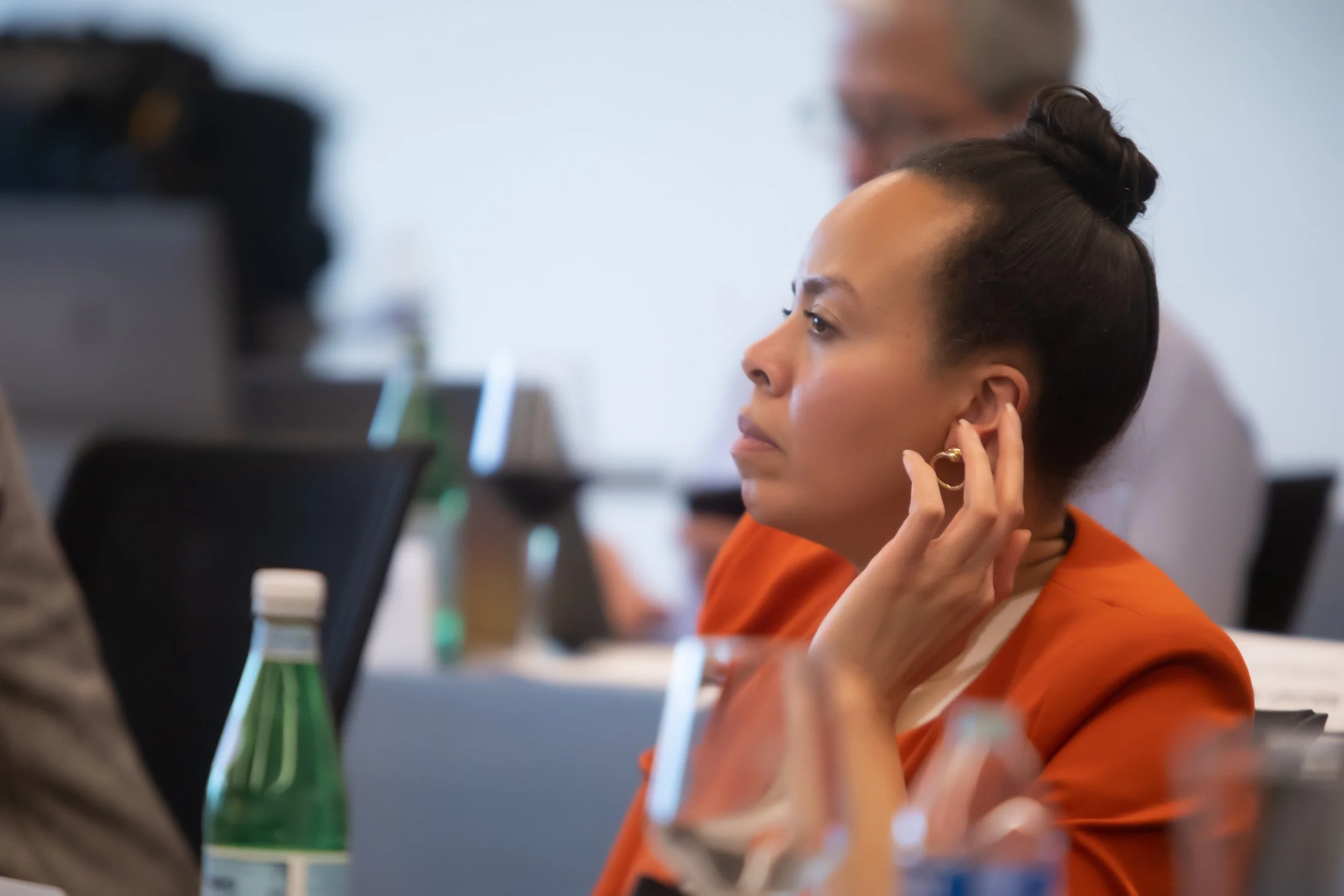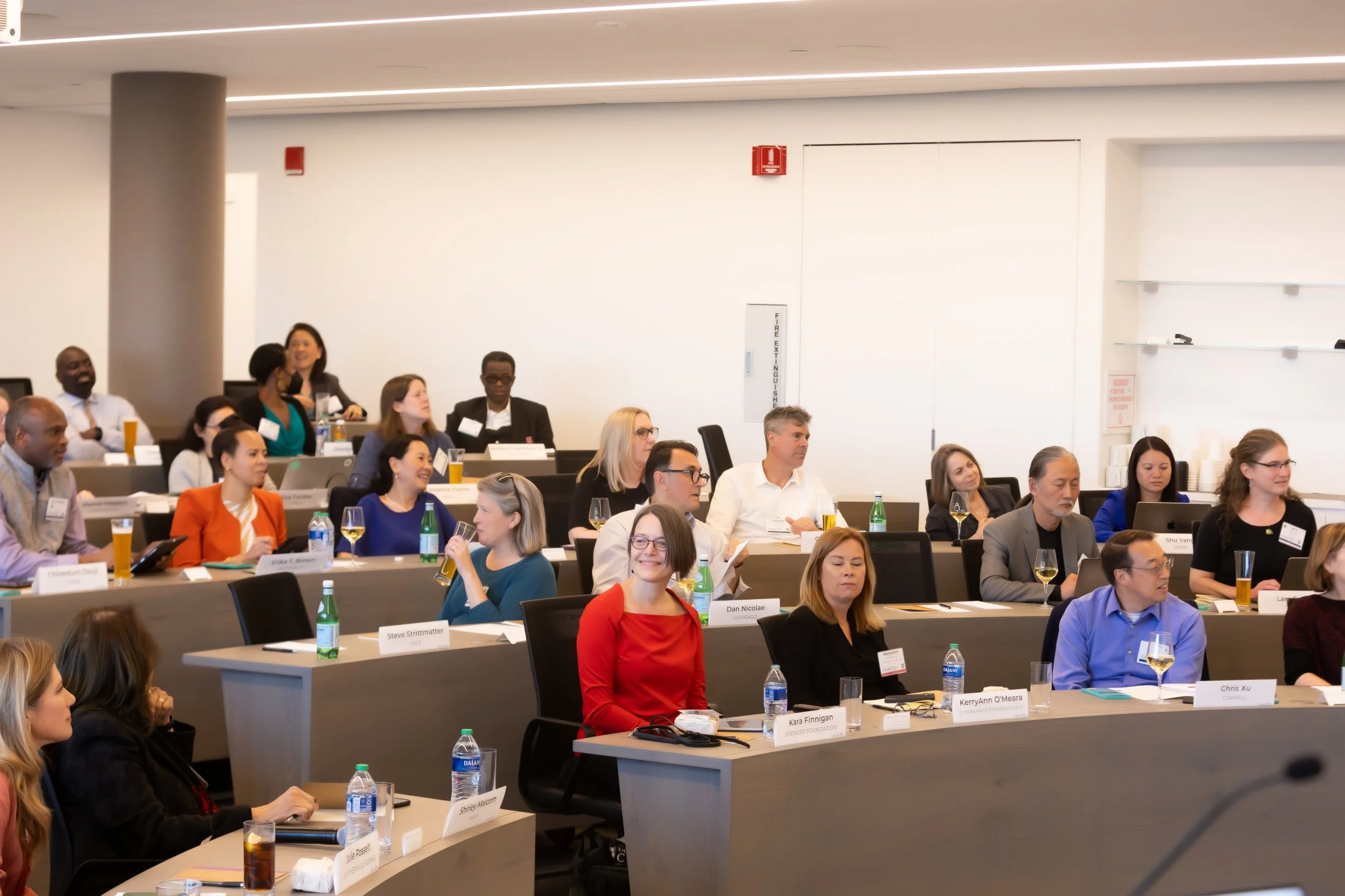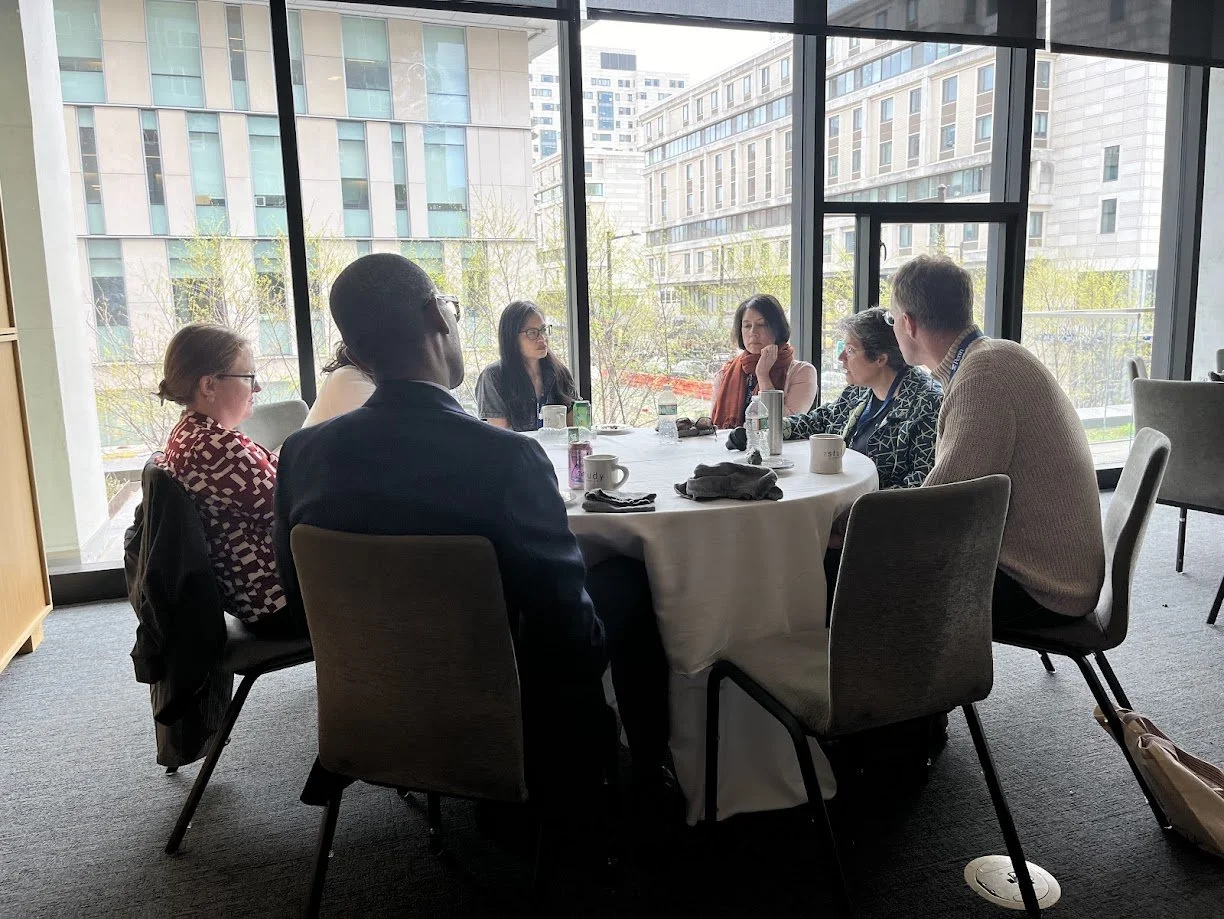About the Institutes
Since 2022, FAN has organized a yearlong program for campus teams of Ivy+ Provost Leadership Fellows selected from the most competitive research universities in the United States.
Fellows meet virtually and in-person to interrogate how systems and strategies shape the academic profession and to understand the difference faculty can make in reshaping it.
The program is designed not (necessarily) to train future administrators, but to empower faculty leaders in the work they are already doing—as chairs, heads, committee leaders, and in academic leadership roles beyond their units.
In addition to learning how to take local action, Fellows conclude the Institute by designing and proposing multi-university initiatives to a panel of subject matter experts and foundation leaders. These capstones become shovel-ready projects for local or foundation support—or for Fellows to advance on their own.
Fellows will leave with new tools of leadership, like-minded partners, and support from the highest levels for protecting, sustaining, and advancing excellence in American research universities.
Scaling impact, FAN universities deploy the Institute’s best-in-class resources for other faculty development programs.
2025-26: Faculty Voice & Collaborative Leadership
This year, we’ve designed the Institute to cultivate a shared sense of how universities work and of collaborative communication and leadership strategies Fellows might use to protect and advance the excellence of the American research university.
September 10-12:
Strengthening Voice
The in-person “launch” builds teams across the consortium and makes the best use of being together through engaging case studies, meeting university leaders, and “practicing” skills. Tenured faculty from nine research universities will interrogate:
The Leadership We Need from Faculty: A Presidents' Panel
Developing a Strategic Mindset / The Strategic Communication Imperative
Navigating the Tensions of Making Public Statements
Conflict and Its Consequences in an Academic Setting
Conflict Resolution: An Interest-based Approach
Storytelling for Impact: Speaking Your Values
Foundations of Design Thinking for Building Collective Support
October - March:
Understanding the Challenges
The Institute shifts to a series of virtual inquiries to probe and strengthen Fellows’ understanding of how our (peculiar) universities work and how together they might communicate their worth. All Ivy+ faculty are invited to join these sessions, but Fellows access exclusive breakout groups formed at the launch in September. Examples of sessions may include:
Historical Contexts for the Challenges Facing Private Research Universities
Faculty Rights & Responsibilities: Academic Freedom, Free Speech & Tenure
Governance: Trustees & Presidents
University Funding Strategies, Budgets, and Our Values
April 8-10:
Practicing Leadership
Fellows reconvene in person to practice new habits of leadership, then to propose collaborative solutions for advancing and protecting excellence across their departments, their universities and—together—the academy. Sessions may engage:
Empowering & Enacting Distributed Leadership
Navigating Institutional Crises
Inventing the Academy: Insights, Opportunities, Ideation & Convergence
Leadership in Dialogue
The 2022-25 Ivy+ Provost Leadership Fellows
How do I learn more?
If you are a prospective Fellow, contact your FAN Steering Committee representative to learn more about the Institute for Ivy+ Provost Leadership Fellows. If you are a prospective Inquiry leader or you are an organization looking to learn more about this initiative, contact FAN’s Executive Director.



